3 reps of 155lbs deadlifts! 🙂
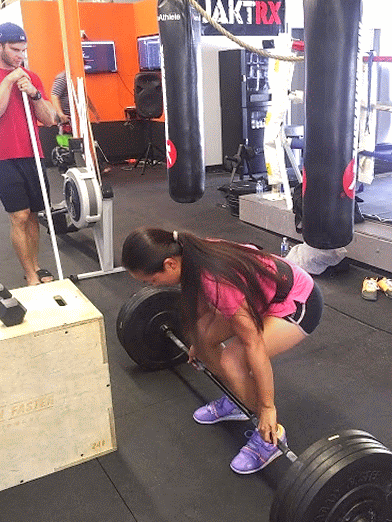 If you don’t know what deadlifts are, I’ve attached my own pictures here for your reference. 🙂 (You can probably see that I was biting my lips for my final lift.)
If you don’t know what deadlifts are, I’ve attached my own pictures here for your reference. 🙂 (You can probably see that I was biting my lips for my final lift.)
Honestly, 155lbs in the lifting world is so little. But this is my first time hitting this weight and let me celebrate my small accomplishments here with everyone on my blog. 🙂
(To give you some perspective, my husband, Erwin Szeto, can deadlift over 400lbs! My trainer, Rachael, same size as me, can deadlift over 200lbs, if not 300lbs.)
Many people get intimidated looking at these numbers. They refuse to even try because they’ve only seen people posting all these big numbers. I was one of them.
I really liked volleyball and badminton when I was 13 years old. I remember seeing how good other students were in school and got intimidated.
I was always good at school academically. But never with sports.
I was intimidated by my peers who trained everyday after school and practiced hard during weekend. They were so good already, how could I even bother to start from square 1?
So I never got to learn volleyball and my badminton skills had always stayed at my 13 year old level. My academic success and fear of rejection hindered my interest and ability to learn other skills that I am not good at.
In my mind, I couldn’t fail. Failure looks bad. So I missed out on all the fun playing group sports. 🙁
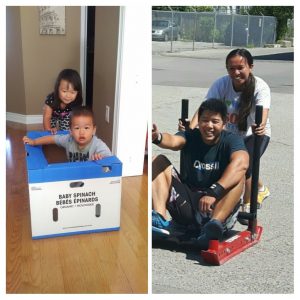
My goal isn’t to lift a particular amount of weight. My goal has always been about inspiring my children to get fit, stay active (off the screen) and not to be afraid of starting from step 1.
And failure is okay. It’s a process that everyone has to pass to get better.
It also helps that exercising actually makes me feel happier.
This week, I have started listening to the book “Happiness Equation Want Nothing + Do Anything = Have Everything” the THIRD time.
I love this book. It’s written by Neil Parisha, an author who went to Harvard Business School and used to work as senior director at Walmart. He’s seen and worked with so many senior executives and yet few of them are happy.
It inspired him to make changes in his life and hence written this book to provide a step by step blueprint to become happier.
The number 1 on this list – 3 walks refer to three times of exercise a week. This can be as simple as taking 3 thirty minute brisk walks. This was even clinically proven to improve clinical depression recovery.
If you feel down one day, go for a run. It will certainly help your mood! 🙂
Kenny Gu, the Chinese man who was featured in the article, was alleged to flip houses using money from China and reported very little income.
As a Chinese immigrant, who’s been here for close to 20 years, and a trained accountant, it’s always interesting to read articles about fellow Chinese buying and selling real estate illegally and not reporting any income.
This is how Kenny Gu was alleged to do:
- Kenny finds some wealthy Chinese investors.
- He convinced them to put up the downpayment to purchase houses. In return, the investors would receive a fixed interest amount on the downpayment.
- These investors qualified for the mortgage themselves with local Canadian banks.
- Houses are renovated or flipped in a few years. These Chinese investors claimed them as principal residence and aren’t required to report the sale on their tax returns.
- Kenny Gu repays the interest and downpayment to the Chinese investors. Kenny keeps the rest of the money.
After reading the entire article, I have a few thoughts.
When you, a local tax resident, are buying properties for the purpose of flipping, the transaction is considered an adventure in the nature of trade (in tax terms). This also means that you are required to report it as income and the taxpayer is not allowed to claim principal residence exemption on it.
Income means 100% taxable. If you put the properties in the corporations, they would be taxed at 15% for the first $500,000 small business deduction income.
In theory, if Kenny Gu really retained all the income, the way it is being taxed would be the same as above. 100% of his cut would have to be reported as income. If he conducts his business in the corporation, he can still enjoy the regular $500,000 small business deduction rate.
Now, because the media loves to use the word “foreign investors” to describe the buyers from different countries, let’s talk about how these foreign investors are really taxed if they are truly foreign investors.
We call them non-residents in tax terms.
When a non-resident purchases houses for the purpose of flipping, a 25% withholding tax has to be remitted to the government on gross proceeds upon sale. This is done at the lawyer’s level.
With the proper filing, you can apply to get the withholding tax to 25% on the approximate income.
A non-resident is not allowed to claim any houses as their principal residence.
So these so called “foreign investors” are not simply foreign rich Chinese men coming to town to purchase properties.
They are likely local residents that are required to file Canadian tax returns.
When I said “local residents”, they are the people who immigrated to Canada legally that also have local residency status.
They are legally required to file their tax returns in Canada, report their worldwide income in their local tax returns and get taxed on their world wide income.
They are also legally required to report any assets that they own over $100K outside of Canada, provided that they are not personal use assets and any income earned on it.
Yes, admittedly there should be more oversight from CRA. It’s CRA’s policy that we don’t need to report the sale of our principal residence.
But the abuse of the tax system didn’t come in from foreign buyers.
The abuse also happens everywhere in the country – many flippers would buy a house, renovate it, “move into the property” and sell it. Foreign or not.
All these alleged foreign buyers are really local citizens or tax residents. They may not live permanently at their homes in Vancouver 365 days a year, but they do go to their residence some time during the year.
This also applies to the so called “Foreign Buyer Land Transfer Tax” imposed by the Vancouver government. They are only applied to the buyers who have no local Canadian status.
For the people who have permanent residence in Canada and simply decide to purchase a house here sitting vacant, the new Vancouver land transfer tax and tighter CRA oversight would not have helped.
The root problem is immigration. You can stop immigration and then we can stop the housing prices going up.
But can Canada afford to stop immigration completely?
Until next time, happy Canadian Real Estate Investing.
Cherry Chan, CPA, CA
Your Real Estate Accountant
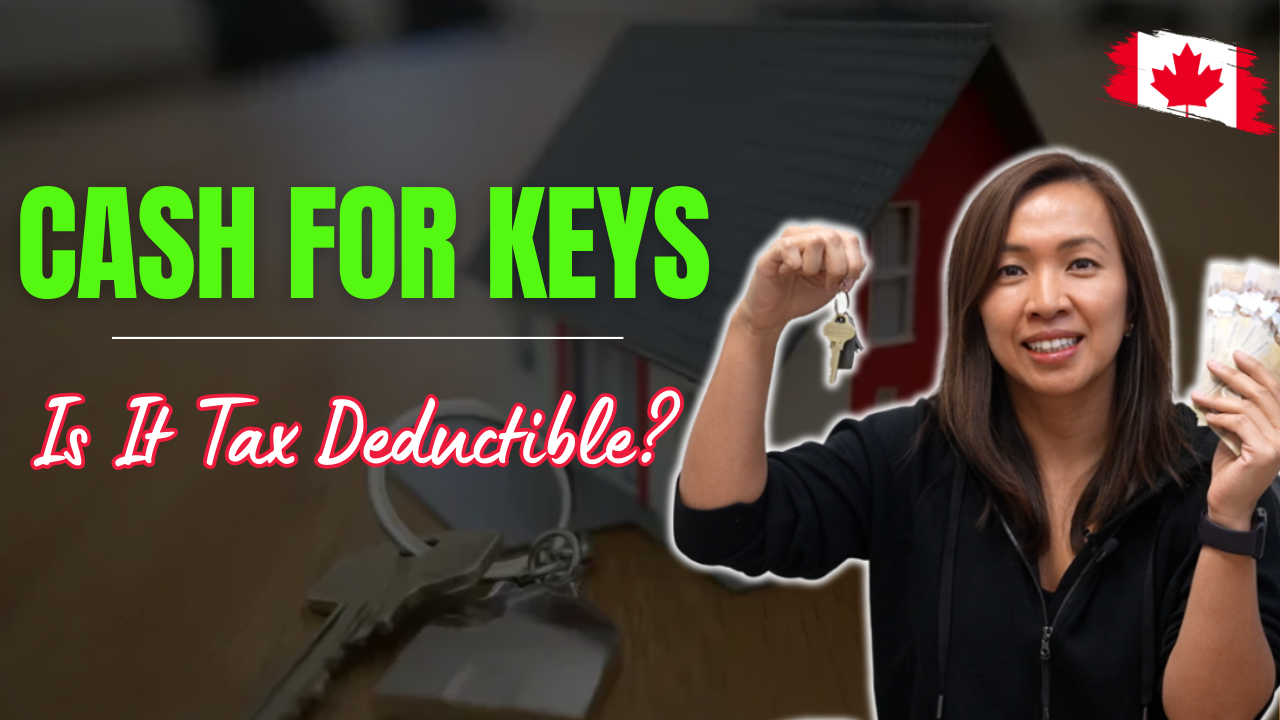

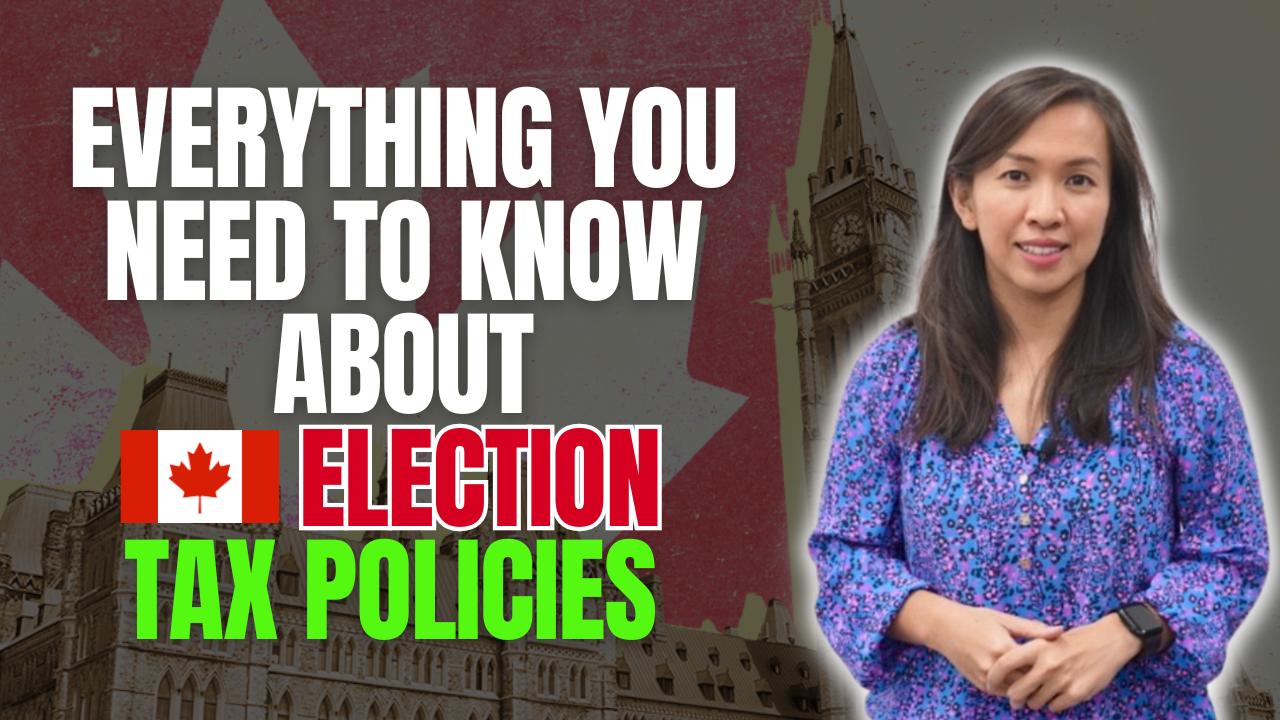

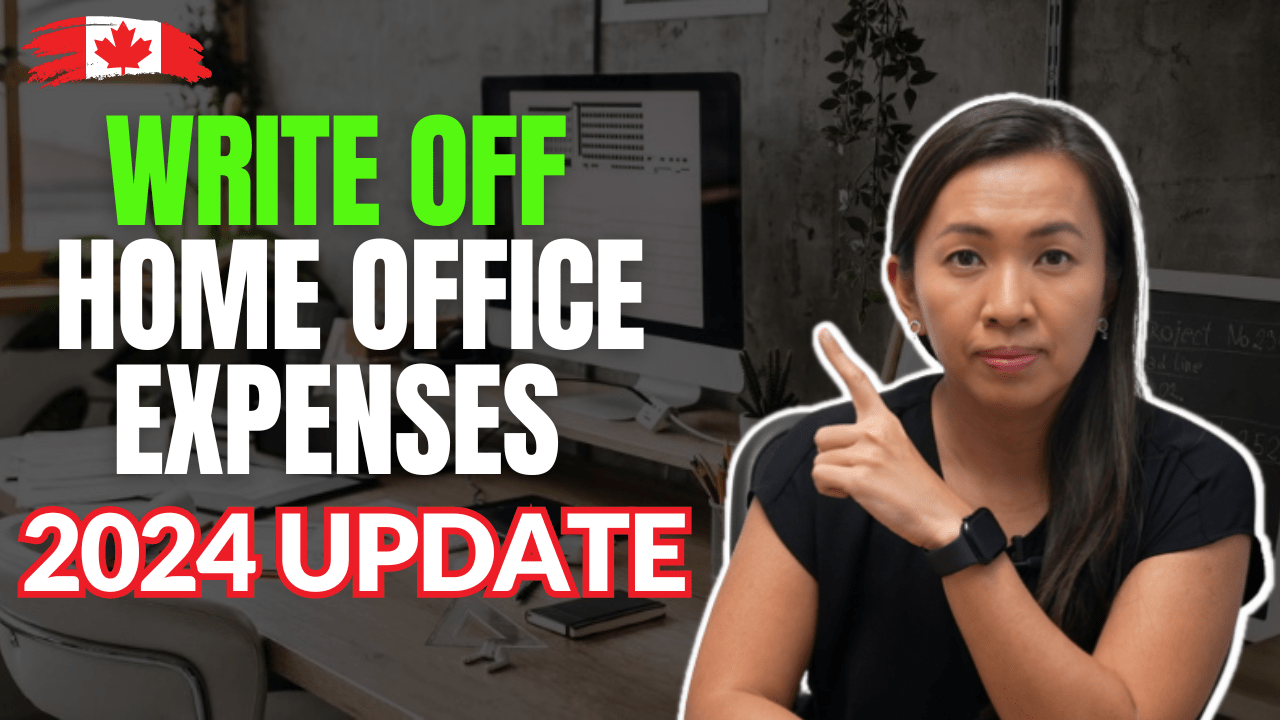
Phyllis
Keep up the great work
At the gym and the office
I really appreciate your e-mails
Phyllis